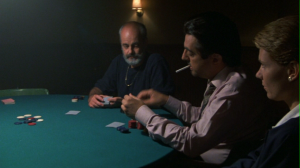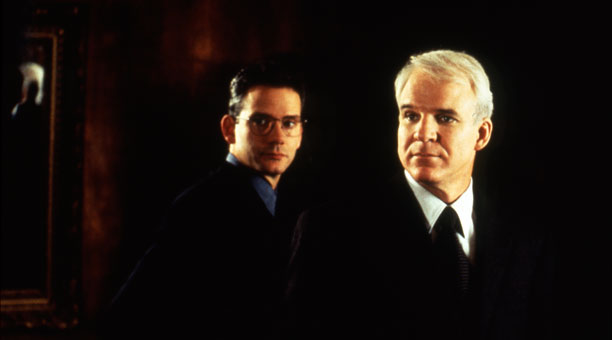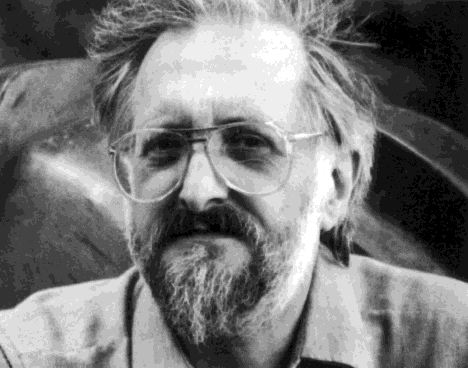From The Chronicle of Higher Education, April 17, 1998. –- J.R.

Ever since a Barnes & Noble bookstore opened in my neighborhood in Chicago, I’ve been cultivating the habit of hanging out there, a bit like the way I used to frequent the public library in my hometown as a teenager. I often stop there not with a particular purchase in mind, but on my way to someplace else – a movie at the same shopping center, a nearby restaurant — or on my way home from work. The relaxed idleness offered by the roomy store and the various incentives to linger — the generous selection of hardcovers and paperbacks, the current magazines, the tables where you can spread your stuff out and read for as long as you want to, the Starbucks coffee bar, not to mention various appearances by authors and periodic meetings of discussion groups — create an alluring kind of community space.

It’s a kind of space that I haven’t found in public libraries in recent years, especially since the removal of card catalogues and easy chairs. Some younger people I know, who harbor no fond memories of public libraries, are enjoying visits to places such as Barnes & Noble as a new kind of experience altogether, a theme park that features words instead of rides. Read more
From Scenario, Vol. 4, No. 1, Spring 1998. –- J.R.


“Hitchcock lives!” I was inspired to write at the head of my review of House of Games, David Mamet’s first feature, in 1987. Ten years later, Mamet’s fifth feature, The Spanish Prisoner, boasts plenty of Hitchcockian elements of its own. But this time I’m not as prone to employ the same assertion.
The difference has less to do with Hitchcockian influence than with the use of that influence — the issue of whether Mamet is borrowing something substantive from the Master of Suspense, or drawing upon Hitchcock only when it suits his strategies. But one of the salient differences I find between reading the script of The Spanish Prisoner and seeing it realized is the difference between finding a Hitchcockian thriller on the page and not quite seeing one on the screen. Both are clearly Mamet creations, but the first comes closer to showing Hitchcock’s special qualities in tandem with Mamet’s, whereas the second shows them shooting off in separate directions.
Put somewhat differently, the distinction has a lot to do with issues that seem central to any evaluation of Hitchcock as well as Mamet -– namely, the ethics and aesthetics of deception, which are intimately tied to the ethics and aesthetics of representing a real world where deception becomes possible. Read more

While eagerly awaiting the publication of the aptly named Images of the Mind: The Essential Raymond Durgnat, a definitive collection edited by Henry K. Miller that the British Film Institute will apparently publish later this year, I’ve just found time to experience the pleasure of a remarkable 1992 documentary with half of the same title, Jarmo Valkola’s 45-minute Images of the Mind: Cinematic Visions by Raymond Durgnat — a film now available at newly revamped Durgnat web site that manages to be both a wonderful portrait of the greatest of all English film critics (1932-2002), speaking as both a fan and as a friend over the last three decades of his life (as well as one-time house mate, circa 1977-78), and a brilliant lecture by Ray about the nature of film, the history of the English character in the 20th century, and the art of Michael Powell. Indeed, the only thing that can be said to be dated about this remarkable film is the fact that it cites Durgnat’s still-unpublished book about Powell as one of his publications. Otherwise, it impressively predates the recent film criticism on film that can be found in the work of Kevin Lee and Volker Pantenburg, among many others. Read more





